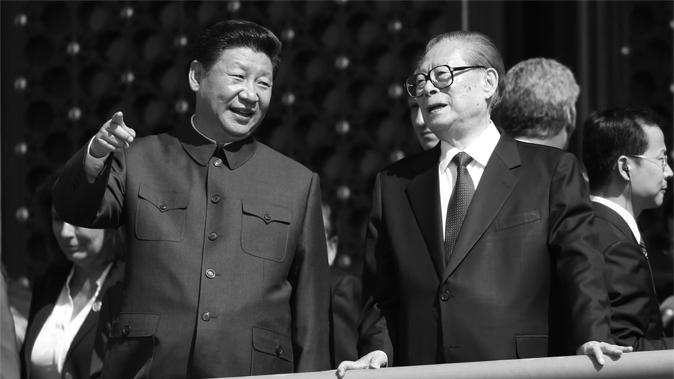Analysis
Xi Jinping may be fighting hard to pave his way to the upcoming 20th Party congress meeting in 2022. He may be directing his actions at the Jiang Zemin faction that Xi has implied are careerists in the Party.

Xi Jinping may be fighting hard to pave his way to the upcoming 20th Party congress meeting in 2022. He may be directing his actions at the Jiang Zemin faction that Xi has implied are careerists in the Party.